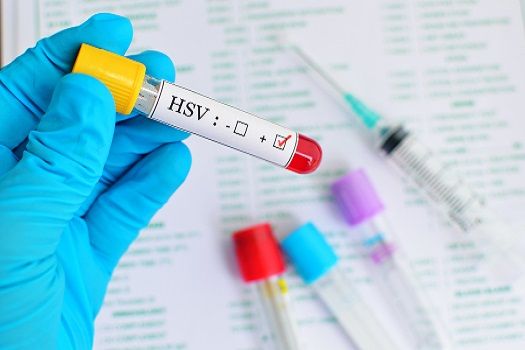Article
Positive Herpes Drug Results Pave the Way for First Treatment in 20 Years
Author(s):
For two decades, patients with genital herpes have only had so many treatment options. But a new option could be added.

A potential drug known as GEN-003 could be the first new treatment for genital herpes in 20 years, according to Genocea Biosciences, Inc.
Unlike other common sexually transmitted diseases (STDs), like chlamydia and gonorrhea, herpes does not have a cure. Antiviral medications can prevent outbreaks, shorten outbreak duration, and reduce the likelihood and passing herpes on to a partner. A new treatment appears to be on the horizon with encouraging findings from a phase 2b study.
“In my experience, genital herpes is unique among sexually transmitted disease, in terms of its physical and emotional impact on patients, who experience significant fear upon receiving the diagnosis, as well as isolation during their lifelong struggle with the disease,” Nicholas Van Wagoner, MD, PhD, assistant professor of medicine in the Division of Infectious Diseases at the University of Alabama, said in a news release.
GEN-003 was tested in two doses—60 µg per antigen/50 µg of adjuvant dose and 60 µg per antigen/75 µg of adjuvant dose. Although the 60/75 dose was also superior over placebo, it was the 60/50 dose which better hit clinical endpoints.
A total of 131 Americans were randomly assigned to one of the treatment groups (60/50, 60/75, or placebo). Three injections were given in 21-day intervals.
Over the course of six months, genital lesions occurred with the 60/50 GEN-003 and placebo on 4.5% and 7.9% of days, respectively. These numbers give insight to both the frequency and duration of outbreaks.
Additional trial endpoint results for the 60/50 GEN-003 and placebo, respectively, included:
- Average outbreak duration days: 3.3 vs. 4.8
- Average number of outbreaks in six months: 2.1 vs. 2.7
- Estimated percentage of outbreak free after first dose: 29% vs. 10%
- Estimated percentage of outbreak free after last dose: 22% vs. 13%
The team confirmed that the potential herpes drug continued to demonstrate an appropriate safety profile. There haven’t been any grade 4 reactogenicity or related serious adverse events, and study discontinuation rates due to adverse events were minimal and similar in all three groups. Participants will continue to be followed until 12 months following the final injection.
“Today’s results, showing that GEN-003 significantly reduces the number of days with genital lesions, indicates that GEN-003 has the potential to be a much needed additional treatment option that could address compliance challenges and help me take better care of my patients,” Van Wagoner continued.
The drugmaker officials are expected to meet with the US Food and Drug Administration (FDA) about these results by the end of March. A phase 3 trial—using the 60 µg per antigen/50 µg of adjuvant dose—is expected to launch at the end of 2017.
The news release was provided by Genocea Biosciences, Inc.
Related Coverage:
Birth Control May Protect Against Herpes





